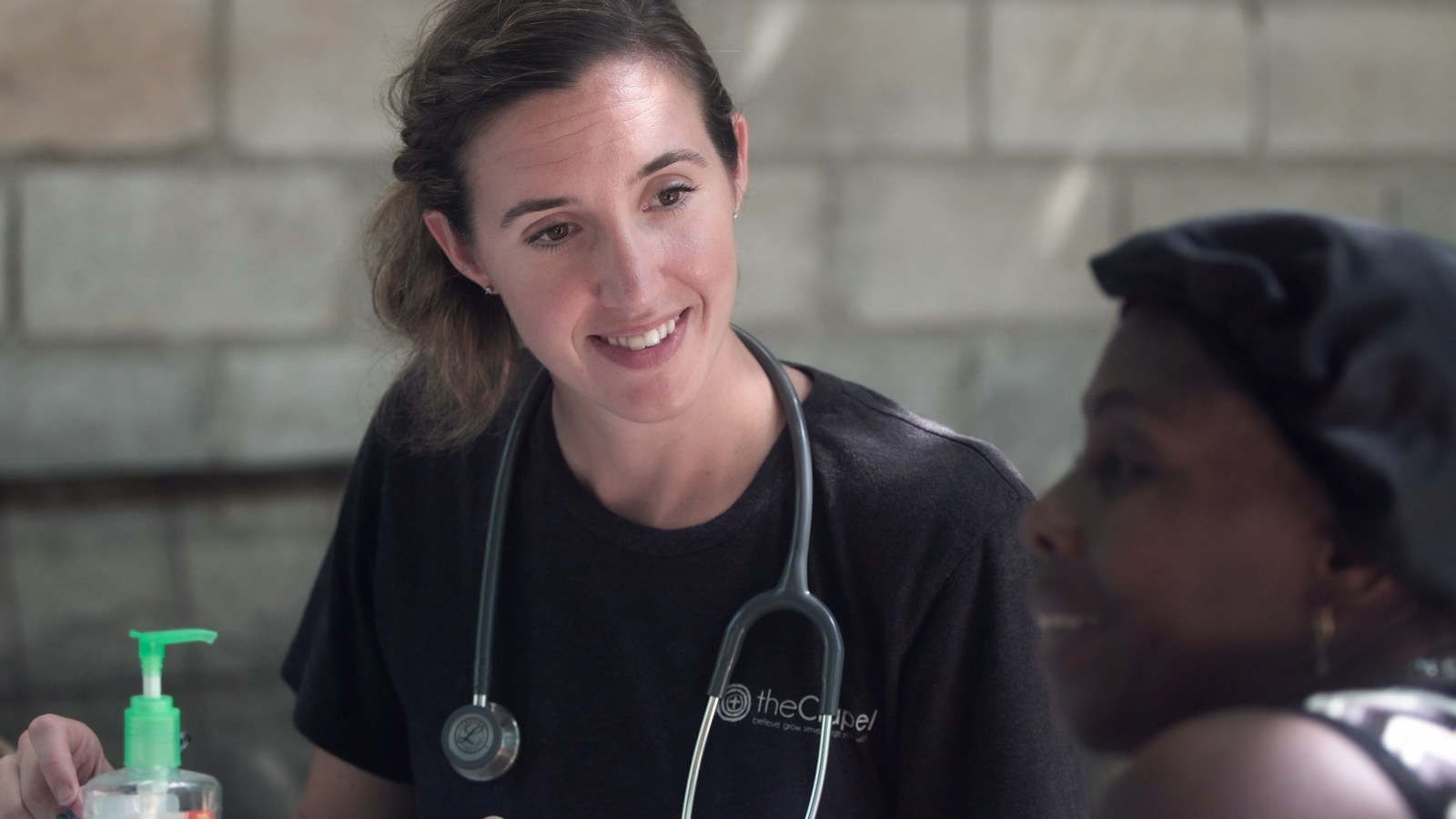A new secretary of state should start by boosting the voice of social care
Whilst government reshuffles may cause ambiguity, they should also be seen as a time of opportunity. This week, Steve Sawyer, Managing Director at Access Health, Support and Care, has shared his opinions about what our new health and social care secretary should prioritise now they are in post.
We have said goodbye to a secretary of state for health and social care who showed, through policy direction and funding support for new projects, that he was passionate about innovation. Technology offers many benefits to increasing efficiencies and improving outcomes and I hope that this investment in innovation to realise these benefits will continue under the new leadership of Victoria Atkins.
Headlines and policy announcements tend to lead on health but we mustn’t forget that health and social care are inextricably entwined. Shortages in social care lead to backlogs in the NHS and constraints in the provision of healthcare put extra pressure on social care. Meanwhile, good social care can prevent patients needing hospitalisation in the first place.
With new leadership, now is the time for those of us working in social care to send a united message that there must be parity between the two. For too long, social care has been secondary to health, particularly when it comes to strategic decisions.
That’s why I am calling for a clear signal from the department that social care will from now on be an equal partner in decisions and strategy, as the name of the department suggests, by mandating that each Integrated Care Board should have a permanent representative from social care – preferably from outside of local government and the NHS.
Integrated care boards are tasked with planning and delivering the health and care needs of a large and ageing population, and hold considerable power as well as control of budgets of over £100 billion a year. Their membership matters: they make decisions affecting us all.
Currently, an integrated care system’s board must only include a chair and chief executive, directors of finance, nursing and medicine, two non-executives and three ‘partner’ members who bring ‘knowledge and a perspective from their sector’ and who are monitored by NHS trusts, primary care and local authorities. There is no legal requirement for social care providers to be represented.
Social care needs better representation
This gap can mean the experienced voice from the front line of social care is missing or is at the very least marginalised – and I believe this must be rectified.
In 2021/22, 818,000 people received publicly funded long-term social care, primarily in care/nursing homes or in their own homes. In addition, there were 224,000 episodes of short-term care provided. There are an estimated 13,000 patients residing in scarce and expensive hospital beds each day who do not need to be there – and who would be better off at home or in residential care, both a lower cost and more appropriate setting. ‘Health’ simply cannot work without ‘care’.
In 2021/22 the adult social care sector alone was made up of nearly 18,000 organisations and the number of people working in adult social care was estimated at 1.5 million in 2021/22; more than in the NHS, with a headcount of 1.4 million. They work in diverse positions, have valuable and growing experiences and fill a vital role in our society.
Yet their voice may not get heard at the table where important decisions are being made.
Who better to understand what the issues are in social care than the people who are delivering it 24/7?
In health, the different sectors are represented – such as primary, acute and mental health, because they have different needs and face separate challenges.
The same is true of social care in that there are different challenges. Whilst there is an overarching issue in social care based around workforce and funding, the problems being faced in a care home might not be the same as those in domiciliary care. Energy bills might be the most pressing issue for residential care, whereas in a London borough, the impact of ULEZ on domiciliary care workers might be the biggest issue. It is not one-size fits all.
It is important that they are represented when decisions are being made – and not simply by someone who might commission services. It needs to be someone invested in the best interests of social care, the workforce, and the service users. That person can ensure that social care doesn’t get left behind when important decisions and funding allocations are being made and vitally, can help ensure that changes, particularly in technological improvements, are truly integrated.
To deliver the best care, it needs to be integrated
At The Access Group, we know from working with ICBs, NHS Trusts, local government and care providers that you get the best results from delivering digital transformation when it allows different departments to work seamlessly.
Whether it’s virtual wards where patient observations are fed directly into the electronic patient record or bed management software to allow A&E doctors to see – and reserve – available beds in a hospital, cutting trolley waiting times – integrating departments and facilitating joined up care delivers the best results.
The same applies when we look to social care.
What happens at the front door of a hospital is impacted by what’s going on across the wards through to patient discharge. An ambulance trust representative has more in common with someone expediting post-hospital social care or providing preventative support than they might think. But if they are not at the same table, how can these things be discussed?
And why should social care rely on someone from the NHS to support the greater adoption of technology-enabled care, for example, or to provide insights on trends and patient experiences? The experts should be at that table in the first place.
Healthcare and social care cannot function without each other. Whilst local authorities are responsible for social care, the vast majority is actually delivered by private and third sector providers. When it comes to delivering what’s best for people, ICBs are the ideal place to have that discussion and implement ideas which deliver the best outcomes for individuals, for staff and for vulnerable people needing support.
Making that representation essential and permanent is a vital step in levelling up these two sectors and delivering the greatest benefits for all.
Images: al_si and TopSphere Media
More features:
How transformative tech in social care could help speed up hospital discharge
Graduates are key to steering future tech development in social care

















